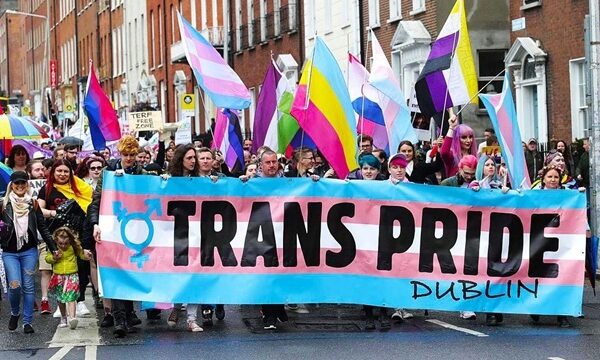
Pride 2025: Corporations will not sponsor Queer liberation
By Yash Sinojia, Socialist Party Ireland. 9 June 2025 The news hit like a gut punch: Indeed, the global job-search giant withdrew its sponsorship from

By Yash Sinojia, Socialist Party Ireland. 9 June 2025 The news hit like a gut punch: Indeed, the global job-search giant withdrew its sponsorship from

By Kate Quinlan, BIMM graduate, class of 2024, 14 February 2025 The proposed mass redundancies at BIMM Dublin, one of Ireland’s most prestigious music colleges,